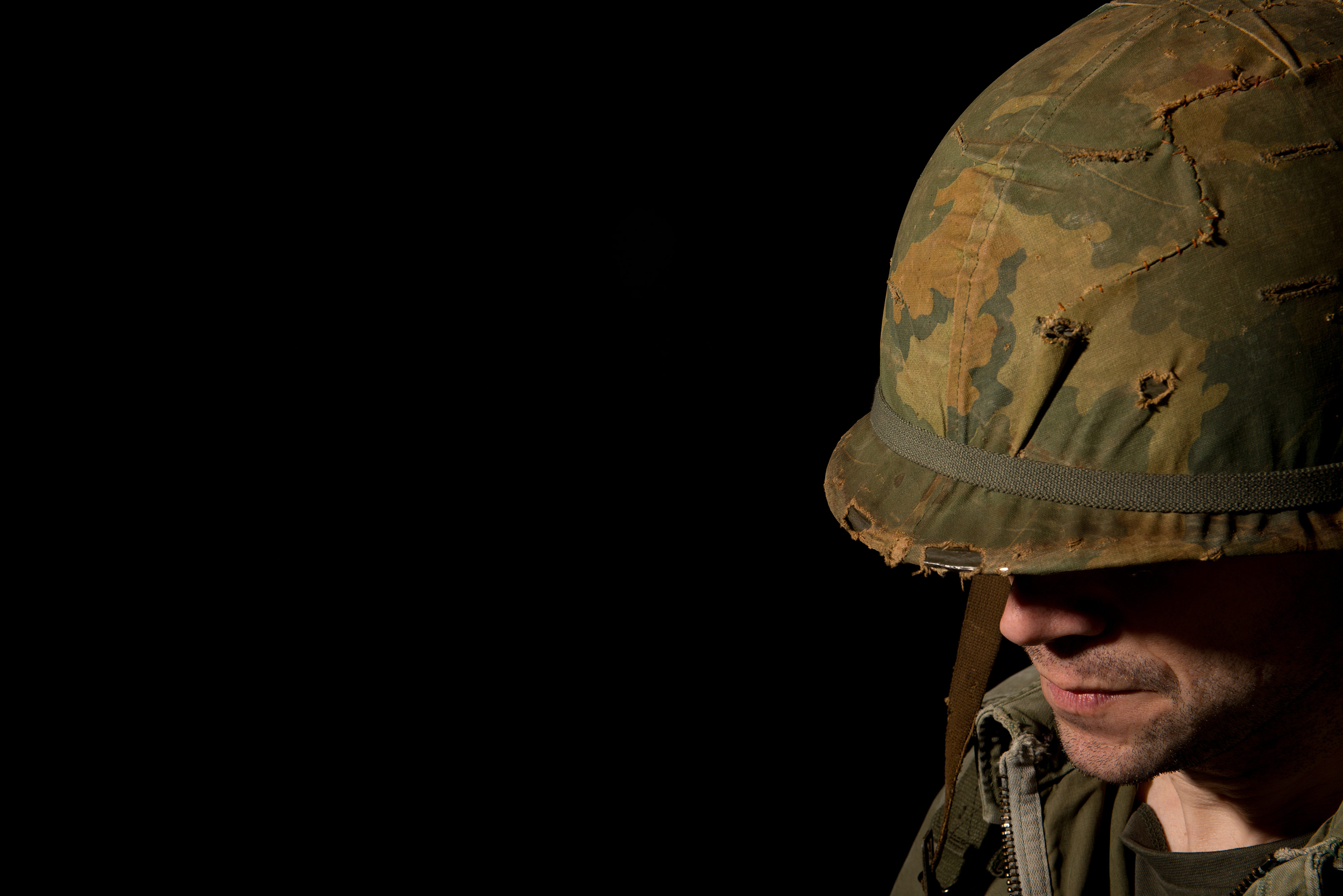Returning home is killing U.S. combat vets.
You read that right. The sad truth is that more veterans are dying after they return home from combat missions than are dying overseas.
How can this be? First, let me paint the veteran social landscape for you:
- 22% of returning vets are unemployed – 350,000 total.
- At least 20% have PTSD or depression
- 19% have TBI – Traumatic Brain Injury
- Almost 50% of those exposed to combat are binge drinkers and at risk of alcoholism; 20% of veterans are confirmed addicted to alcohol and/or drugs.
- The prescription drug misuse rate for soldiers coming home is over two-and-a-half times higher than the civilian rate. The problem is particularly acute for women.
- There are an estimated 1,000,000 homeless vets. About 11% of the adult homeless are veterans.
- 181,500 veterans are in prison
And now, the real kicker: 22 war veterans commit suicide each day. That’s right. Almost one every hour. A rate 50% higher than that of civilians. And now, for the first time in U.S. history, more vets have lost their lives after their welcome home than died in the zones of combat.
And those stats don’t include families:
- Male combat vets are 4.4 times more likely to have abused a spouse or partner as other men.
- If there were no veterans in this country with combat experience, the number of domestic violence cases would drop by an estimated 21 percent.
- Veterans are two to three times more likely to suffer from depression and divorce or separation.
- Children of deployed military personnel have more school-, family-, and peer-related emotional difficulties, compared with national samples.
- Cumulative lengths of deployments are associated with more emotional difficulties among military children and more mental health diagnoses among U.S. Army wives.
In military training, we take ordinary, individual, good men and women, steeped in ethical and moral values and behavior, and turn them into the ultimate team players who will kill on orders from a commander or when they sense their lives and their buddies’ lives are endangered. Boot camp is very good at that. But there is no commensurate boot camp to truly welcome home vets by turning them into healthy, happy civilians afterward.
Most of the mainstream media have focused only on the plague of suicide and PTSD. Very little focus has been put on what many now call “moral injury” – the wounds to the soul that arise almost invariably from combat, leaving war veterans questioning their moral fitness, whether they can still claim to be fundamentally good human beings, whether in fact they even deserve to live. Though long overdue, this concept of moral injury is finally gaining acceptance in the medical and scientific communities.
Until veterans can cleanse themselves of moral injury, exorcise “the ghosts of war,” and cathartically release the trauma of combat and the extreme, often inhuman decisions they have been forced to make, they will be stuck, forever soldiers at war with themselves or others. It will only be a matter of time until their wounds surface in the everyday, not just through suicide but through divorce, drug and alcohol abuse, unemployment, domestic violence, homelessness, and murder.
Indigenous people around the world understood this. They knew that soldiers coming home could not just be plunked back into their families, into everyday civilian life until they had been properly quarantined and cleansed, psychically and spiritually. They needed a rite of passage to get back home. The Lakota people of Pine Ridge, SD have been providing these ceremonies for their returning soldiers for generations.
What can we do to support our vets? If we don’t have traditional ceremonies or rites of passage how can we save them from the destruction and self-destruction of returning home? What can we do to best support their families? We need to begin thinking this through because 1.7 million vets are now cycling back home. If we don’t know how to properly receive them we risk dropping a veritable time bomb into millions of American families.
Fortunately, some people and organizations have started: Ed Tick, founder of Warriors Return, Patricia Clason, founder of Bamboo Bridge in the 1980s, Veterans Journey Home in the 1990s, and now Healing Warrior Hearts. They are but a few. We need many more. Clason and Tick understand that until vets are ritually welcomed back into their communities they will remain forever stuck in the “liminal” (“threshold” or “ordeal”) phase of their Hero’s Journey. They’ll be stuck in the “in-between” space of a rite of passage, never really landing back home, never understanding their life’s new mission, never knowing or sharing the gifts they carry back to their families and communities.
That’s what our new film will be about: Veterans Journey Home. We’ll highlight the best practices of organizations that understand these issues, like Tick’s and Clason’s. We’ll show how it takes more than help with employment, drug abuse, family counseling, and housing to truly get our vets home. Won’t you join us? Become a backer of our film and donate now.

